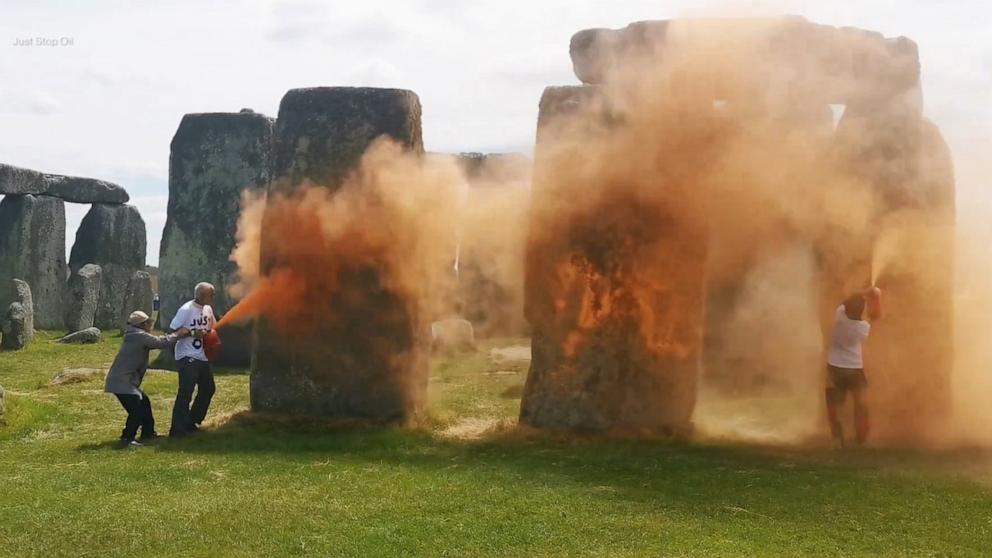The European Union has agreed to start membership negotiations with embattled Ukraine and Moldova
BRUSSELS — The European Union agreed Friday to start membership negotiations with embattled Ukraine and Moldova, another step in the nations’ long journey to move closer to the West and mute Russia’s influence.
Belgium, which currently holds the presidency of the EU, said member states have agreed that talks will start June 25 in Luxembourg.
Ukraine applied to join the the bloc less than a week after Russia invaded in February 2022, and EU leaders acted with uncharacteristic speed in making it a candidate in June of that year. But the process has moved more slowly since them — and membership, if it comes, will take years, or even decades.
Still, the opening of talks sends another strong signal of solidarity with Ukraine on top of the huge financial support provided by the EU.
Leaders from the 27-nation bloc agreed last year that accession negotiations should start with both Ukraine and Moldova. That was a necessary political agreement, and Friday’s move lays the legal basis for the talks
To join the EU, candidate countries must go through a lengthy process to align their laws and standards with those of the bloc and meet a host of economic and political conditions, including a commitment to the rule of law and other democratic principles. Ukraine, for instance, will have to curb entrenched government corruption and adopt other reforms.
Ukraine is one of several countries that have long wanted to join the EU, seeing it as a path to wealth and stability. While the EU is not a military alliance like NATO, membership in the bloc is also seen by some as offering protection against Russian influence.
Moldova has nervously eyed the invasion of its neighbor by Russia. It has repeatedly accused Russia of conducting a “hybrid war” against the country, including alleging Moscow meddled in local elections and is running vast disinformation campaigns to try to topple the government and derail its path to joining the EU.
Russia has denied the accusations, but the Moldovan government remains wary of Moscow’s intentions.
“Today, I signed the decree on initiating Moldova’s EU accession negotiations,” said Maia Sandu, the president of Moldova. “Becoming an EU member is our path to peace, prosperity, and a better life for all citizens.”

